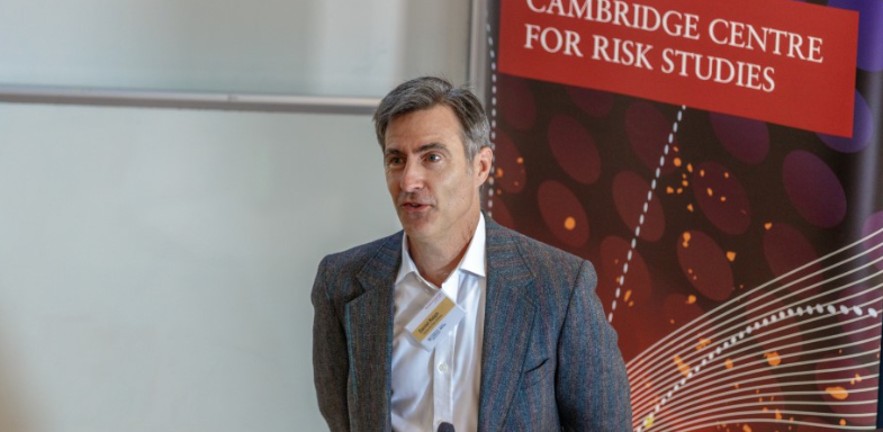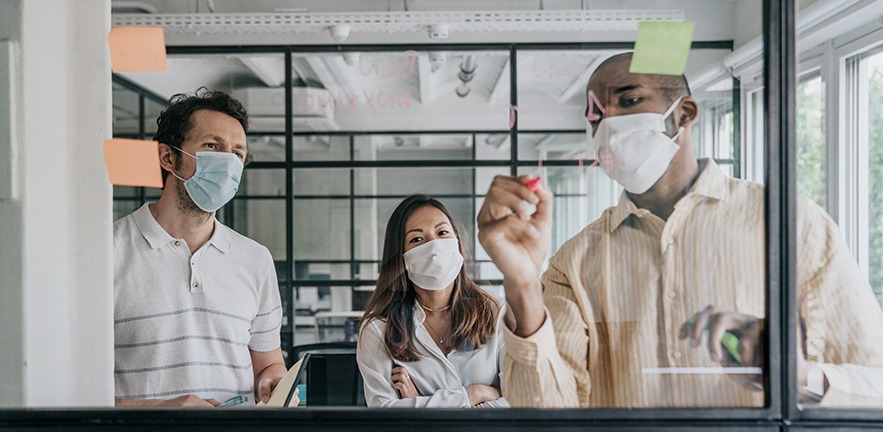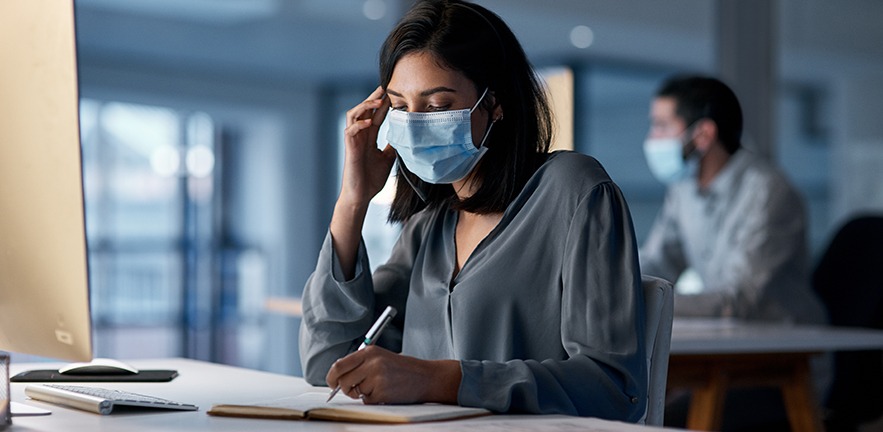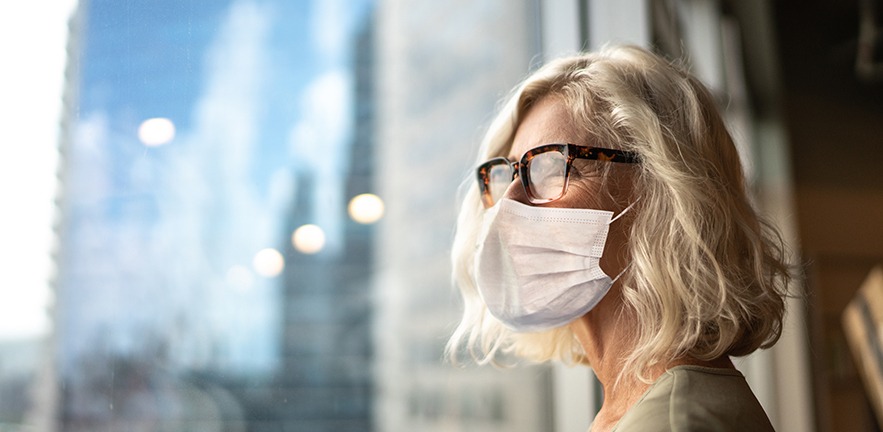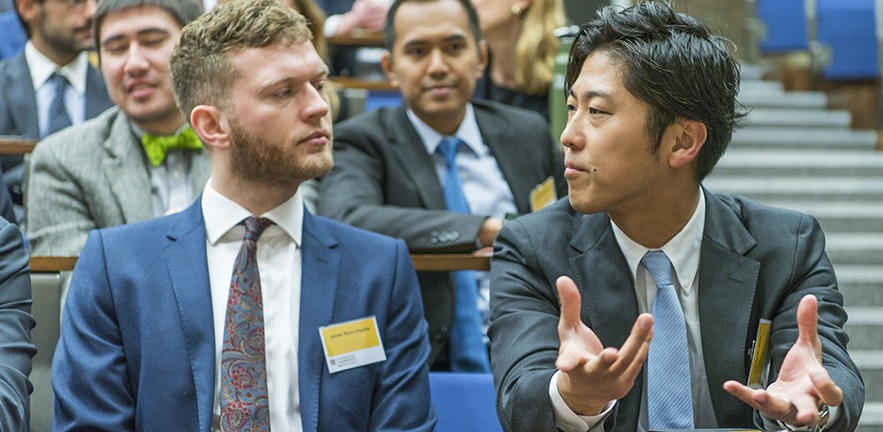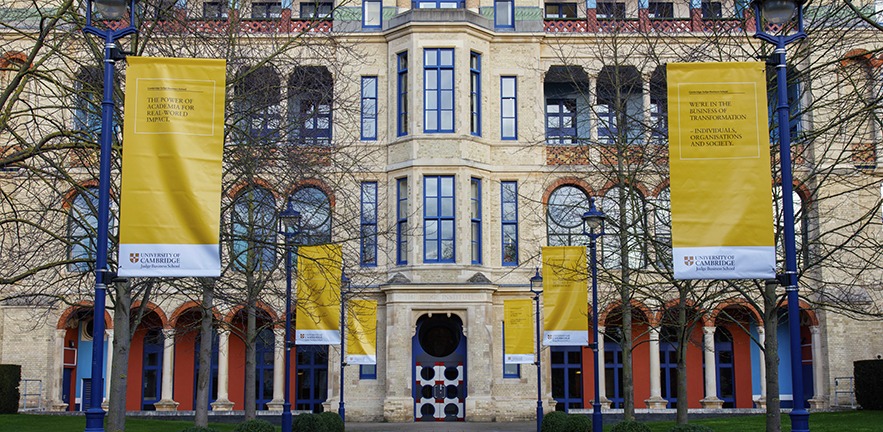News
Top 10 reads of 2025
Articles about artificial intelligence and sustainability were among the most popular stories on the Cambridge Judge Business School website in 2025, reflecting a year in which AI capabilities expanded apace and the November COP30 climate-change summit in Brazil focused attention on the environment.
ESG and sustainability
How firms can prioritise risks in the low-carbon transition
Six classes of risks, encompassing physical as well as other risks, comprise the Cambridge Taxonomy of Climate Transition Risks. The research-based framework will help firms navigate the challenging transition from fossil fuels to renewable energy, and reflects the broad-based, systemic approach of the Centre for Risk Studies at Cambridge Judge Business School.
ESG and sustainability
Sustainable cities: blueprint for urban climate action
Urban areas are major contributors to climate change but also critical sites for implementing sustainable solutions. Research by Cambridge Judge Business School's Lucia Reisch provides a blueprint for local initiatives to be adopted in cities around the world.
From taking a risk at Cambridge Judge Business School to founding the CJBS Centre for Risk Studies, we meet Danny Ralph, Professor of Operations Research, Academic Director of the Centre for Risk Studies (CRS), Director of Studies in Management Studies and Fellow of Churchill College. This article is part of our MBA Teaching Spotlight series.…
AI and technology
How your firm can defend itself from a ransomware attack
Ransom was paid in 72% of ransomware cases in which companies sought professional assistance, says report by Centre for Risk Studies at Cambridge Judge Business School and Kivu Consulting based on a novel dataset.
The Centre for Risk Studies and BitSight today announced a new research partnership that will analyse the relationship between organisational cybersecurity investments and risk reduction.
Insight
Risk application
Risilience, a new company that commercialises research from the Centre for Risk Studies at Cambridge Judge Business School, is launched with a £6 million Series A investment.
Three steps can help firms address vulnerabilities that can lead to supply chain cyberattacks, says a Harvard Business Review article from the Centre for Risk Studies at Cambridge Judge Business School.
Each of our research centres has unique ways to engage with non-academic organisations and, through that, to generate real world impact. This month we decided to share with you the work of the Centre for Risk Studies at Cambridge Judge Business School.
News
Risk prevention
The average period between crises from 1700-1900 was 21 years, but since 1960 this has shrunk to just 8 years. Investment opportunities totalling $3 trillion per year could reduce the probability of huge risks ranging from climate change to pandemics, says a report by Citi Global Perspectives and Solutions in conjunction with the Centre for Risk Studies at Cambridge Judge Business School.
Misc news
Predicting impact
A year after UK lockdown, the Cambridge Centre for Risk Studies calls for probability-based scenario approach to forecasting crises due to unreliability of well-established models.
MBA students' contributions to the annual Cambridge-McKinsey Risk Prize provide valuable learnings.
Leadership and organisational behaviour
Top 15 reads of 2020
The news and insight section of Cambridge Judge Business School's website attracts audiences with eclectic interests ranging from business to healthcare to the arts. In 2020, attention was focused on articles related to the COVID-19 pandemic.
Misc news
Impactful research
Khaled Soufani and Daniel Ralph of Cambridge Judge Business School are honoured with the School's 2020 Sandra Dawson Research Impact Award.
Insight
Catastrophe insurance
Higher insurance penetration usually speeds recovery from natural disasters, but not in the US due to a fragmented insurance market, says new report from the Centre for Risk Studies at Cambridge Judge Business School.





